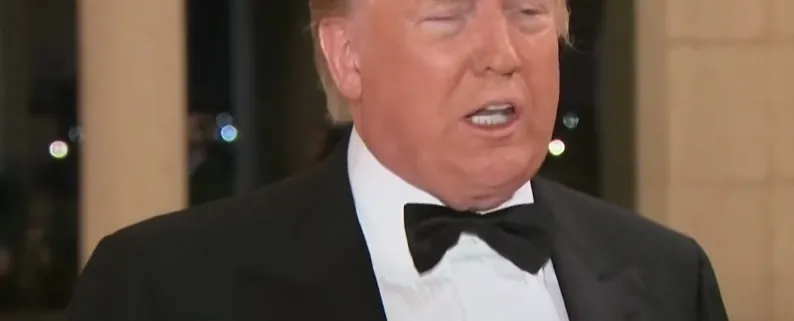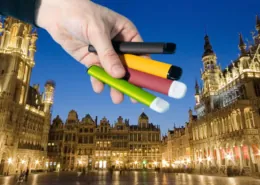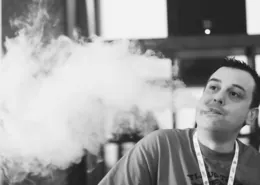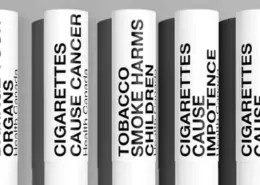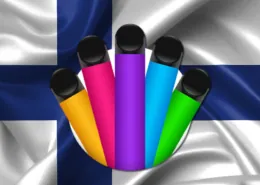SCOTUS Hears Arguments on Trump-Era FDA Fruit-Flavored Vape Ban
The Supreme Court (SCOTUS) has begun hearing arguments on whether to overturn the Trump-era Food and Drug Administration (FDA) ban on fruit-flavored vapes. The current regulations, implemented during the first Trump Administration in 2019, grant the FDA the power to deny marketing applications for fruit and mint flavored e-cigarettes. The ban was introduced in response to record-high youth vaping rates, with fruit-flavored tobacco products seen as a significant contributor to the number of children choosing to vape.
Throughout his tenure, Donald Trump expressed varying opinions on vaping through his social media posts and the legislation he passed while in office. In September 2024, Trump claimed he would “save vaping again” in a Truth Social post, stating that he had saved flavored vaping in 2019, helping people quit smoking while raising the age to 21 to keep it away from “kids.” He also accused Kamala Harris and Joe Biden of wanting to ban everything, harming small businesses nationwide.
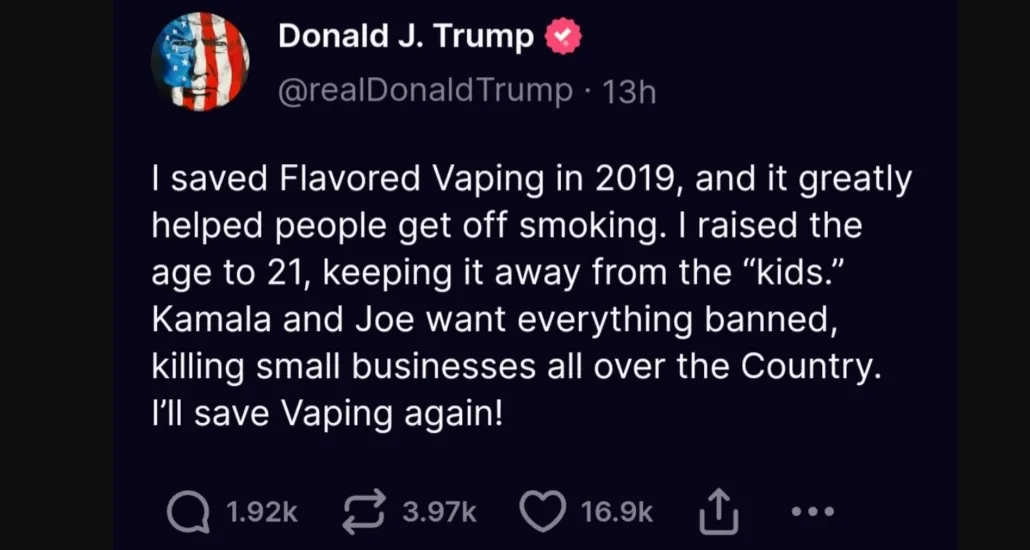
However, Trump’s stance on vaping has not always been consistent. In 2019, he initially expressed support for a total ban on all flavored vapes but later loosened his position in 2020 to only bar most flavors, including fruit vapes like mango Juul pods. Trump’s multiple stances on vaping were evident in a New Year’s Eve 2019 post, where he acknowledged the need to protect families while also recognizing the vaping industry’s significance.
During his first term as President, Trump raised the federal tobacco-buying age from 18 to 21 and signed legislation allowing the FDA to regulate all tobacco products, including e-cigarettes, cigars, and hookah pipes.
The current case before the Supreme Court was brought by Tritton Distribution, a Dallas-based vaping company responsible for manufacturing “Jimmy The Juice Man in Peachy Strawberry.” Tritton argues that the FDA’s marketing approval requirements were changed without warning, making it difficult for them to get their e-cigarette application approved.
Despite the ban, fruit-flavored vapes remain easily accessible through online and brick-and-mortar stores. However, supporters of the FDA ban credit it with helping to reduce youth vaping levels, which were at a high when the ban was first implemented. Tobacco Free Kids emphasizes that comprehensive e-cigarette laws have proven effective, with states like Massachusetts, which has “the most comprehensive prohibition on flavored tobacco sales,” experiencing a 98 percent drop in flavored e-cigarette sales over four years.
Tobacco Free Kids underscores the need for urgent action at all levels of government to eliminate the flavored e-cigarettes that have driven the youth addiction crisis. While progress has been made in reducing youth e-cigarette use, more than 1.6 million kids still use e-cigarettes, with nearly 90 percent reporting the use of flavored products.
Earlier this year, SCOTUS declined to hear arguments from tobacco companies against a new law requiring graphic images of tobacco-induced illnesses on cigarette packs.
- Austria Plans to Ban Disposable E-Cigarettes - August 5, 2025
- Vaping vs. THC Drinks: Which Cannabis Option Is Right for You? - August 4, 2025
- Colombia’s New Vape Law: A Reality Check on Enforcement - August 4, 2025

